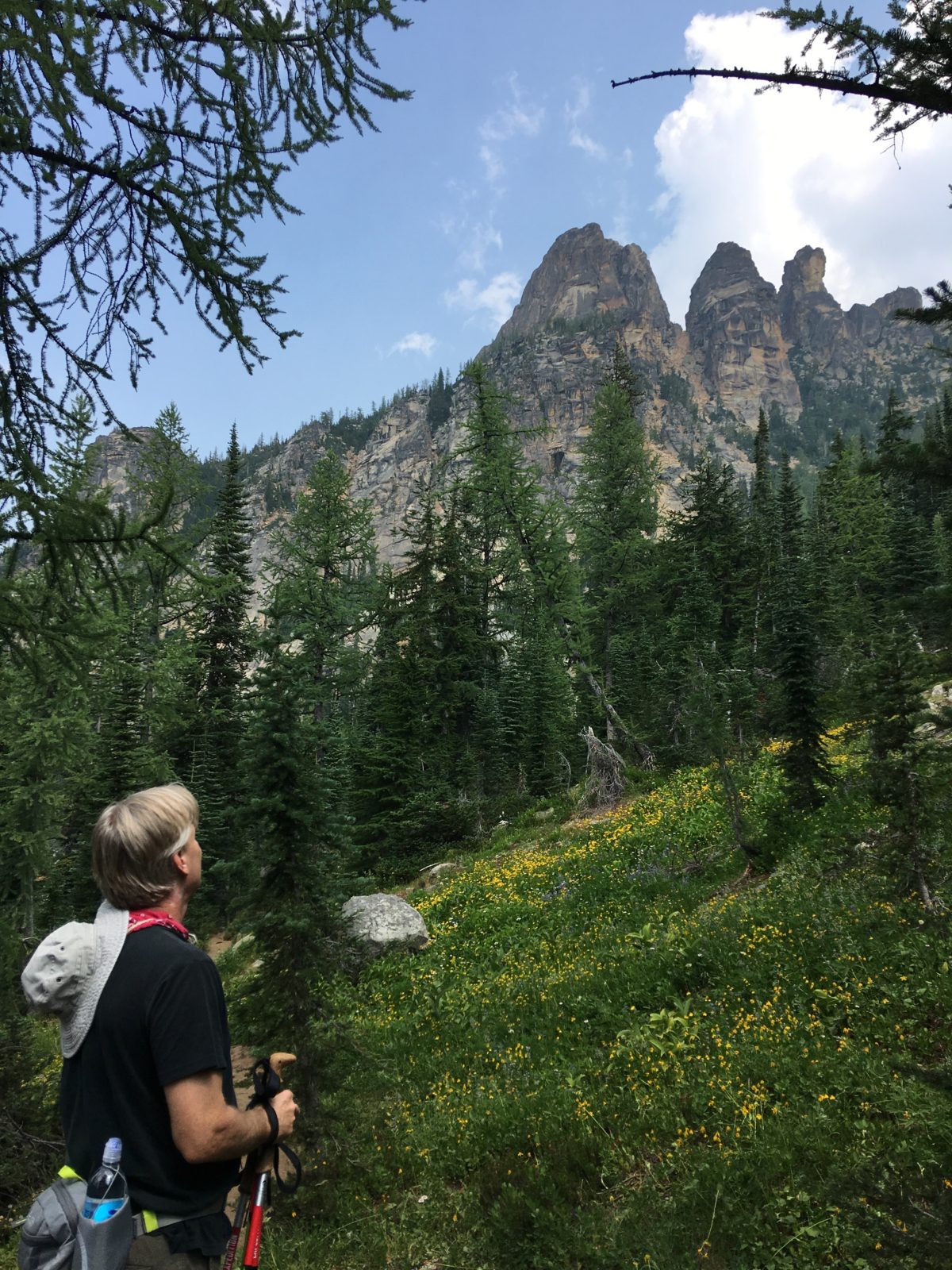On our last Meditation Monday we covered Theism, Christian Theism and Deism and learned the sometimes-subtle differences among these three worldviews or philosophies.
Today we’ll explore Rationalism, Romanticism, and Naturalism and the effect they’ve had on world history.
Be Enlightened!
Around the early 1600s a new breed of philosopher emerged who focused on being rational. (Although this thinking, evidently, can be found in antiquity.) These great thinkers envisioned themselves to be enlightened and believed truth to be derived via intellectand deductive reasoning.
They believed that certain undeniable principles naturally exist in mathematics, sciences, logic, metaphysics and ethics and were confident that reason was the method mankind could use to understand the world. To them, empirical or physical evidence are unnecessary to prove something. The French philosopher, Rene Descartes, championed this philosophy and is considered the father of modern Western Philosophy.
John Locke, an English philosopher, also championed this belief and is considered to be one of the most influential of the Enlightenment thinkers. He is referred to as the “Father of Liberalism.” Locke considered life to be somewhat of a “chalkboard” or tabula rasa, (the Latin term meaning “blank slate”), on which a person’s life experiences and responses are “written,” thus creating a personality. One of his quotes sums up much of his worldview:
“No man’s knowledge here can go beyond his experience.”
The Enlightenment worldview gained a foothold in Europe as it spread across that continent. It was particularly prevalent in England, France and Germany and is believed to have run from 1650 – 1800. It holds particular significance for the United States because it was the primary philosophy leaned on to justify and plant the seeds that sprouted the American Democratic Republic and American Revolution. Benjamin Franklin and Thomas Jefferson were considered to be great men of the American Enlightenment period.
The people who combined Rationalism and Deism thinking often spoke of “unalienable rights” (ever hear that term before?) and “common sense.”
Enlightened thinkers focused on:
- Reason
- Individualism
- Skepticism
Does that not sound like the guts of the American spirit? That if we only reason things through, we can fix them; that we are stalwart individualists that abhor having our rights tread on; and that we have a tendency to view everything with a jaded eye, even while being optimistic? Pull out your Declaration of Independence and read through that document. Do any of the terms scream Enlightened to you?
Enter the Romantics—
The people who embraced Romanticism took issue with the Deists and Theists. They believed that Nature was God, and it was very good. In their belief, original sin was man’s separation from Nature. And man should try to return to Nature because doing so determines his goodness and effectiveness in life. The closer he gets to Nature’s perfection the better he is.
Romantics didn’t like Deism or Theism because they considered those philosophies, or beliefs, too dogmatic and close-minded. Too legalistic; not free enough. Better to commune with Nature to get back to your roots; be in a constant search to return to the Garden. They emphasize the subjective, while Deists emphasize the objective. Subjectivism gives a person way more latitude in their thinking and behavior. (What’s good for you may not be good for me. “Whatever floats your boat!”)
A popular American novel exemplifying Romanticism is James Fennimore Cooper’s Deerslayer, in which the protagonist is content and safe while on an island, separated from humans. In Walden, famous American author Henry David Thoreau writes about his experience living alone on Walden Pond in Massachusetts for a year, to find his God. It certainly wasn’t what he expected it to be. He came away a little jaded and disappointed through that experience. And maybe he wasn’t quite so Romantic in his views thereafter. (I couldn’t finish Deerslayer when I tried to read it. But Cooper’s Last of the Mohicans was fabulous!)
Naturalism is the way (And there’s proof!)
So along comes Naturalism, which is different from Romanticism’s Nature-is-good beliefs.
Naturalism does not look kindly on Nature, as it does not believe Nature is good or benevolent (gift giving). On the contrary, they consider it to be mischievousness, having a bent toward being and doing evil, and being quite unpredictable.
World War I had a tremendous impact on people’s beliefs, and Naturalism seemed a more logical and proven alternative to Theism and Deism.
After that bloodbath, how could anyone believe in a living God that loved people?
And if there really was a God, how could anyone believe He cared about His creation? The war was proof that He didn’t. And, if He did exist, He was just as unpredictable as His creation (nature) and prone to behaving in evil ways. So, maybe there is a God, or maybe there’s not. Either way, people lose because the end result is bad and impossible to make a judgment call on.
Although Naturalists may hold a soft spot for Romanticism, they believe that particular philosophy to be terribly naïve.
To the Naturalist, God is:
- Absent,
- A big wimp; or
- Just plain mean and in possession of a bad temper.
Take-away—
Do any of these philosophies sound familiar to you? Can you see them filtered through our media, educational curricula, or modern (more liberal/progressive) religious teachings?
Meditation Points—
I invite you to spend some time this week really pondering what kind of influence these worldviews have had on your life and life outlook. Because, whether you’ve realized it before or not, they have.
- How have any of these beliefs sneaked into your worldview and influenced you? Who taught them to you, by their words, instructions or actions?
- Have they affected your belief in, understanding of, or relationship with God?
- Do you ever ask yourself: “How could a loving God allow such-and-such to happen?” (Rape, murder, ethnic slaughter, natural disasters?) What answer do you give yourself?
- When you analyze your worldview, do you have a hodge-podge of beliefs?
- Do you have a difficult time seeing God has loving, good, benevolent, and just?
- Are independence, freedom, and individualism a primary focus for you?
- Do you pride yourself in being a rational, thoughtful and logical person? Do you analyze the world and your experiences through these filters?
- Do you need to have evidence in order to believe? Are you prone to doubt?
- Has combining these beliefs resulted in your frustration with life? Has any one of them led you to depression or a feeling of hopelessness?
- I have a acquaintance, an older lady who is a brilliant and witty scientist. She told me once that she didn’t deny there being a God; she just couldn’t prove He existed. She proclaimed herself to be an agnostic. Which worldview(s) do you think she is inclined to follow?
- What worldview do you think an pure environmentalist would hold? A Democrat? Republican? Libertarian or Green Party candidate?
NEXT WEEK I’ll offer my perspective on our American holiday, Labor Day.
Until then,
try to figure out what your favorite television personality or news anchor’s worldview is. Read and hear what they have to say, where their focus is.
Blessings,
Andrea
May you prosper in all things and be in health, just as your soul prospers (3 John 2).
Photo by Tom Coe




